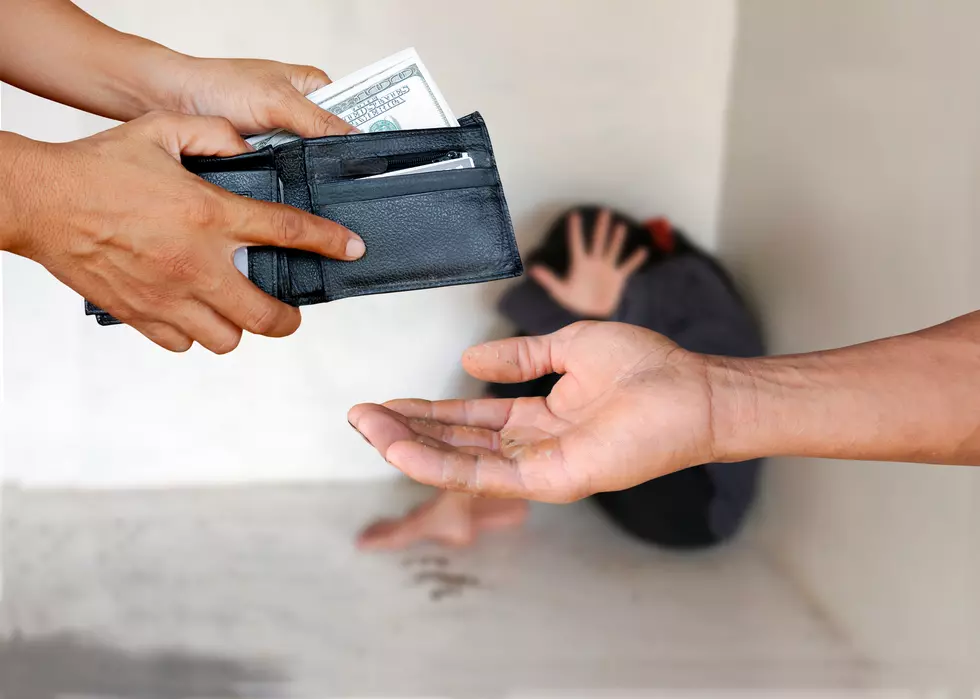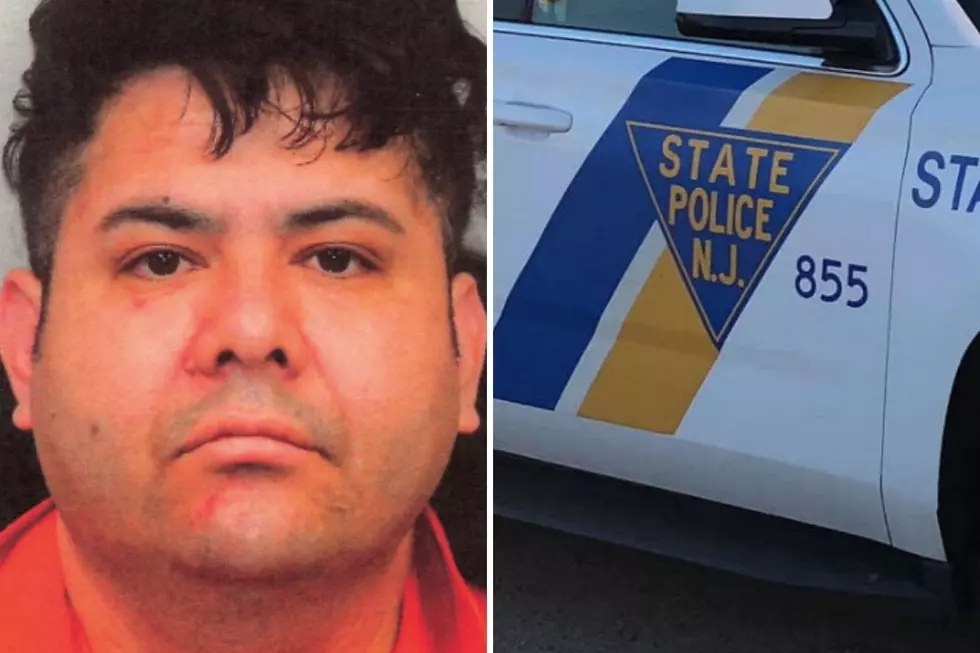
Human Trafficking Bill Now Law in NJ
Legislation which cracks down on human trafficking in New Jersey is now law. Known as the Human Trafficking Prevention, Protection and Treatment Act, the bipartisan measure was signed today.
"Human trafficking is a horrific crime that is vastly under reported, making it all that much harder to crack down on," said the bill's primary sponsor Assemblywoman Valerie Vainieri Huttle. "Because the victims, often children and vulnerable women, are too afraid and dependent on traffickers to break their silence, human trafficking has remained largely in the shadows of society. Many times they are exploited for years and coerced into prostitution, labor, and drug activity. This law will help raise awareness and toughen prosecutorial tools, two key elements needed in the fight to end this modern day slavery."
Although the Division of Criminal Justice has reported 179 cases of sex and labor trafficking in New Jersey in the past seven years, experts estimate that there are thousands of incidents occurring each year in the state.
Nationally, the U.S. State Department estimates that 50,000 men, women and children are trafficked into the United States annually, on top of the 100,000 victims who are already in the country when they are enslaved. The reporting discrepancy is often attributed to victims' fear of coming forward.
The following are offered in the law for victims:
- Unjust convictions can be removed from a survivor’s criminal record so they will no longer be denied housing, higher education, or a promising career because of convictions that occurred as a result of being trafficked.
- A 15-year-old sex trafficking victim will be able to testify against her trafficker via closed circuit television, saving her from a re-traumatizing confrontation.
- A survivor of labor trafficking whose abuse left him with years of medical bills can sue his trafficker for their cost.
- The National Human Trafficking Resource Center Hotline will be posted where victims are most likely to see it, putting them one phone call away from hope and help.
The law also will establish a dedicated fund known as the "Human Trafficking Survivor's Assistance Fund" to provide services to victims. It also takes aim at those who promote or enable human trafficking by sharply increasing fines and penalties for activities associated with human trafficking.
All fines collected will be deposited in the fund including:
- Any form of criminal human trafficking, such as recruiting individuals or financing an operation, will be a crime of the first degree with a fine of at least $25,000.
- Anyone who knowingly owns, controls, manages, leases or supervises a premises where human trafficking is carried on, and fails to make a reasonable effort to eject the tenant or notify law enforcement authorities will be charged with a crime of the first degree, carrying a term of imprisonment of 10 to 20 years, a fine of at least $25,000, or both.
- Anyone who promotes prostitution by transporting a person into or within the state for that purpose or knowingly leases or permits a place to be used for that purpose will be charged with a crime of the third degree, punishable by imprisonment of three to five years; a fine of up to $15,000; or both.
- A person will be strictly liable for a crime of the first degree for holding, recruiting, luring, enticing, harboring, transporting, providing, or obtaining, by any means, a child under 18 years of age to engage in sexual activity, whether or not the actor mistakenly believed that the child was 18 years of age or older, even if that mistaken belief was reasonable.
- Anyone who advertises commercial sexual abuse of a minor, such as escort services, will be charged with a crime of the first degree, punishable by imprisonment of 10 to 20 years, a fine of at least $25,000 but not more than $200,000; or both.
The law also establishes the Prostitution Offender Program, a "Johns School," to educate anyone who has been convicted of engaging a prostitute about the health risks and legal ramifications of their activity.
"There are two important messages contained in this law. To victims: You're not alone. To perpetrators: We're coming after you," said Vainieri Huttle. "We're taking a spotlight and shining it on this issue so that it can't operate in the shadows anymore."
More From New Jersey 101.5 FM









